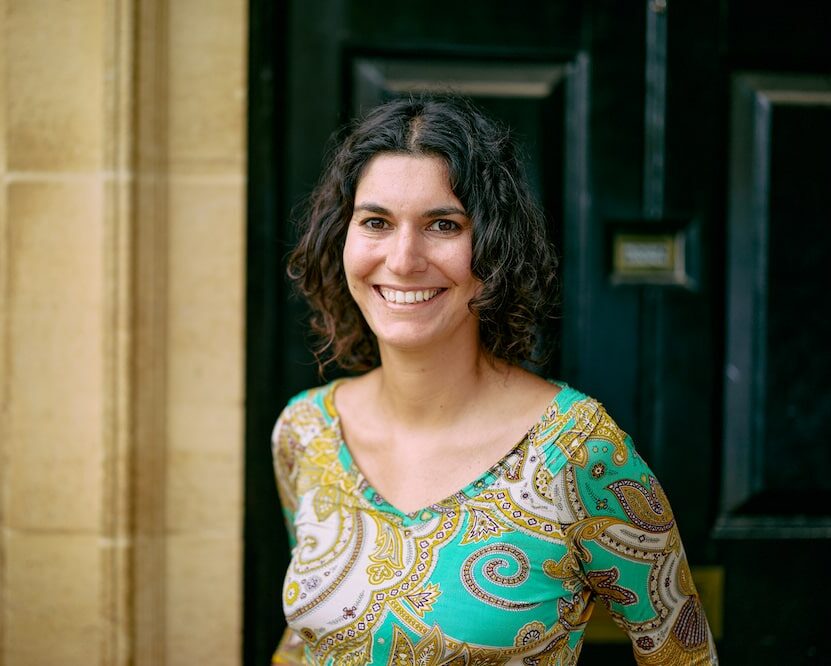
Dr Leila Ullrich
Supernumerary Fellow & Equalities Fellow
Associate Professor of Criminology
Education
BSc (LSE), MSc DPhil (Oxford)
Leila is an Associate Professor in Criminology at the Centre for Criminology and a Fellow at Worcester College. She works at the crossroads of international criminal justice, transitional justice, victimology, border criminology and counter-terrorism. She is particularly interested in how global criminal justice institutions create gendered and racialized subjects, and how these subjects (victims, refugees and racialized communities) engage with and resist these processes. She approaches these questions using feminist, decolonial, and critical political economy theories. She is also developing new bottom-up research methods such as qualitative WhatsApp surveying.
Before joining the Centre for Criminology, Leila was a Lecturer in Law at Queen Mary University of London and a British Academy Postdoctoral Fellow at the University of Oxford. In 2017, she received her DPhil in Criminology from the University of Oxford, which explored the International Criminal Court’s victim engagement in The Hague, Kenya and Uganda. Her monograph, The Blame Cascade: Justice for Victims at the International Criminal Court is forthcoming with Oxford University Press.
Outside the academy, Leila worked as social stability analyst on the Syrian refugee crisis at the United Nations Development Programme (UNDP) in Lebanon. She was also the Convenor of the Oxford Transitional Justice Research (OTJR) network and worked for the International Criminal Court (ICC). She is a member of the editorial board of Feminist Legal Studies.
Leila teaches ‘Criminological Theory and Criminal Justice’, ‘Transitional Justice’ and ‘Race and Gender’ on the MSc in Criminology and Criminal Justice, and convenes and teaches on the FHS Criminology and Criminal Justice option. She supervises DPhil students in her areas of research.
Leila is currently pursuing three research projects:
- building on her doctoral work, she analyses the labouring relationships that make and unmake international criminal justice from a social reproduction perspective
- she continues her British-academy funded research on the interplay between terrorism, counter-terrorism and gender based on fieldwork in Lebanon, Kenya and the UK
- she works on the possibilities and challenges of distant, digital and decolonial knowledge production based on her WhatsApp research with Syrian refugees in Lebanon








